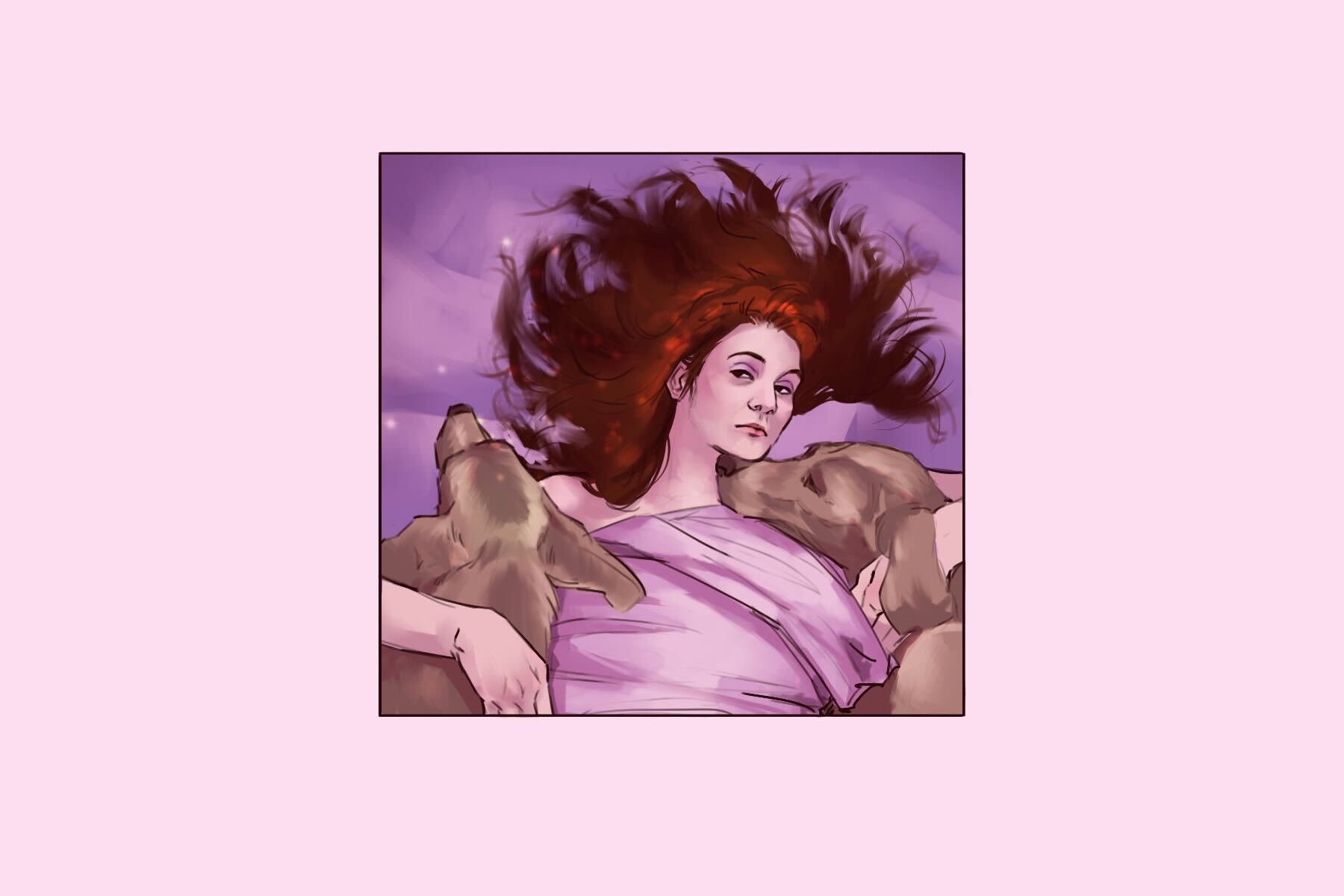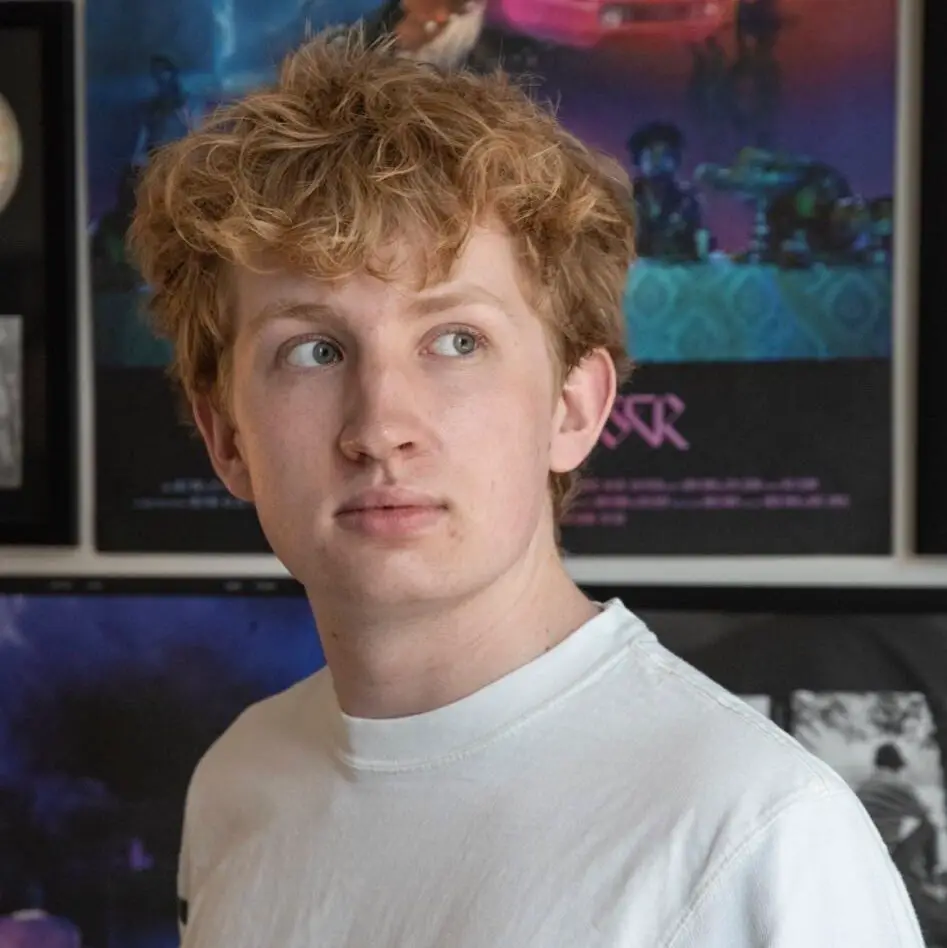What do Kylie Jenner and “Stranger Things” have in common? The answer is more obvious than you may think. The correct answer is “influence.” Both are powerful vessels of influence on the masses, and they have introduced or re-introduced music to their audiences.
The most concrete example of this effect has been seen in recent weeks after Netflix’s “Stranger Things 4” began streaming in late May.
The first episode of the new season featured Kate Bush’s 1985 hit, “Running Up That Hill (A Deal With God),” and has taken the show’s audience by storm.
Since May 27, the song has re-entered the Billboard Hot 100 song chart and reached its all-time chart peak at No. 4. This is Kate Bush’s first Top 10 song in the history of her career, and this success has not gone unappreciated by her.
In a rare post on her website, Kate Bush wrote, “It’s all really exciting! Thanks very much to everyone who has supported the song.”
Many of the show’s young viewers are unfamiliar with Bush’s music and perhaps wouldn’t have discovered it if not for its inclusion in the show. In addition to its new chart position, the song has also gone viral on TikTok, with over 1.5 million videos created that feature it.
What’s important to note about this phenomenon that “Stranger Things” has induced is that television— as well as film — can act as a vessel for exposure for songs, whether old or new. The inclusion of particular songs can start new trends beyond just social media: they can inform musicians on what sort of sound audiences are enjoying at a given moment.
When you think about it, music is part of everyday life. Whether you’re on the way to work, walking down the street, going into shops, or watching TV, music is almost always involved.
So what? Yes, music is an essential part of our sensory landscape as humans, but more importantly, these different social contexts all help influence what we listen to.
Television is a perfect way to introduce songs to audiences, whether through background music or taking the main spot on-screen.
In the case of “Stranger Things,” “Running Up That Hill” takes the spotlight within the first episode when a fan-favorite character, Max, is at a personal crossroads in her life.
The song perfectly captures the moodiness that the show was aiming to convey and fits perfectly into the sonic landscape the show has created throughout its run.
“Stranger Things” is no stranger to using the very best music of the 1980s, as audiences have seen and connected with (or re-connected with) songs like Madonna’s “Material Girl,” The Clash’s “Should I Stay or Should I Go” and Duran Duran’s “Girls on Film.”
This format of featuring popular music that effortlessly matches the mood of the show is the perfect blend of media formats into one “product.”
This blend of visual media and music has propelled Kate Bush’s song back into popularity, thus giving it a second life and demonstrating the influence that popular shows like “Stranger Things” have.
In a more modernized way, social media mogul Kylie Jenner possesses this same effect on music.
Jenner is the third most followed person on Instagram, where she frequently posts Instagram stories featuring an array of songs for her 351 million followers.
As one of the most sought-after “influencers” in the global digital sphere, her followers are constantly wondering what she’s wearing, doing and listening to.
As recently as June 3, Jenner posted a clip on her Instagram story of her boating with friends, playing Kim Petras’ song “Treat Me Like a Slut” in the background.
Kim Petras, a German-born pop singer signed to Republic Records, has consistently been working at expanding her fanbase and the awareness of her music in recent years.
Jenner’s simple post featuring Kim Petras’ song increased the number of streams of “Treat Me Like a Slut” by 100,000 on Spotify just days after being posted. The song is now Kim Petras’ third most popular song on Spotify, coming in at 8 million streams since its release in February.
This demonstrates the power that Jenner, along with the rest of the Kardashian sisters, has in setting trends and influencing people what to listen to, just like “Stranger Things.”
Similar to the “Stranger Things Effect,” influencing audiences’ music taste isn’t new for Jenner either.
In 2016, Jenner posted a Snapchat video featuring singer Khalid’s breakout song “Location.” After Jenner’s post, the song continued to grow in popularity and led to growing buzz around the singer’s debut album almost a year later.
Khalid himself has shown his appreciation for the boost that Jenner gave to his career, saying she helped “skyrocket” the song.
This is just another example of how powerful the Kardashian/Jenner influence can be when it comes to the media. Whether the sisters are showing off music, movies or TV, their followers are always interested. The popular obsession with the Kardashian family may be “over the top” to many, but it absolutely is helpful when artists such as Khalid or Kim Petras are working to promote their music.
Perhaps we should call this the “Kardashian Effect” just like the “Stranger Things Effect.”
In the end, what’s important to recognize is the pattern of how we’ve come to appreciate and discover music. As said earlier, whether it’s hearing a song at the grocery store, discovering songs through your favorite influencer, or hearing one on a TV show, people are reminded of songs in many ways.
It’s also worth remembering that media of any kind holds the power to influence the way the masses think, interact and take part in pop culture.
While some may think that the increased popularity of these songs may just be an example of short-lived fads, you cannot dispute how massive the effect “Stranger Things” has had on “Running Up That Hill.”
Who knows: If it all continues, “Running Up That Hill” may just reach the top spot on the Hot 100 thanks to the exposure it’s received from “Stranger Things.”

















